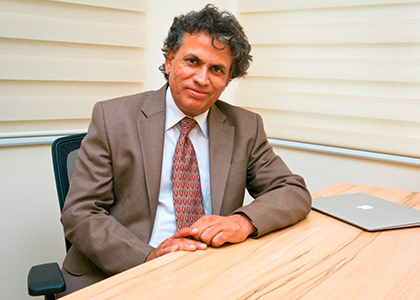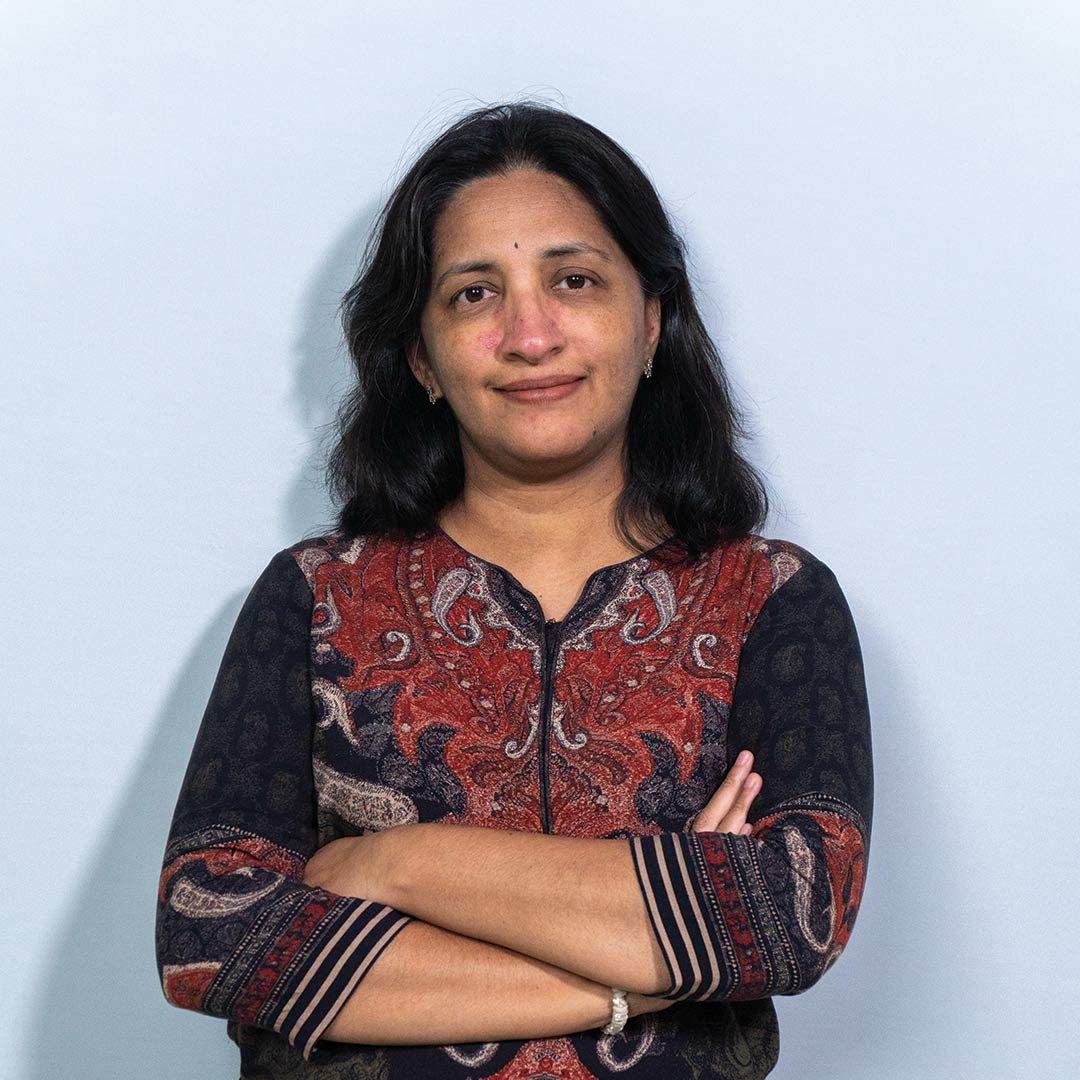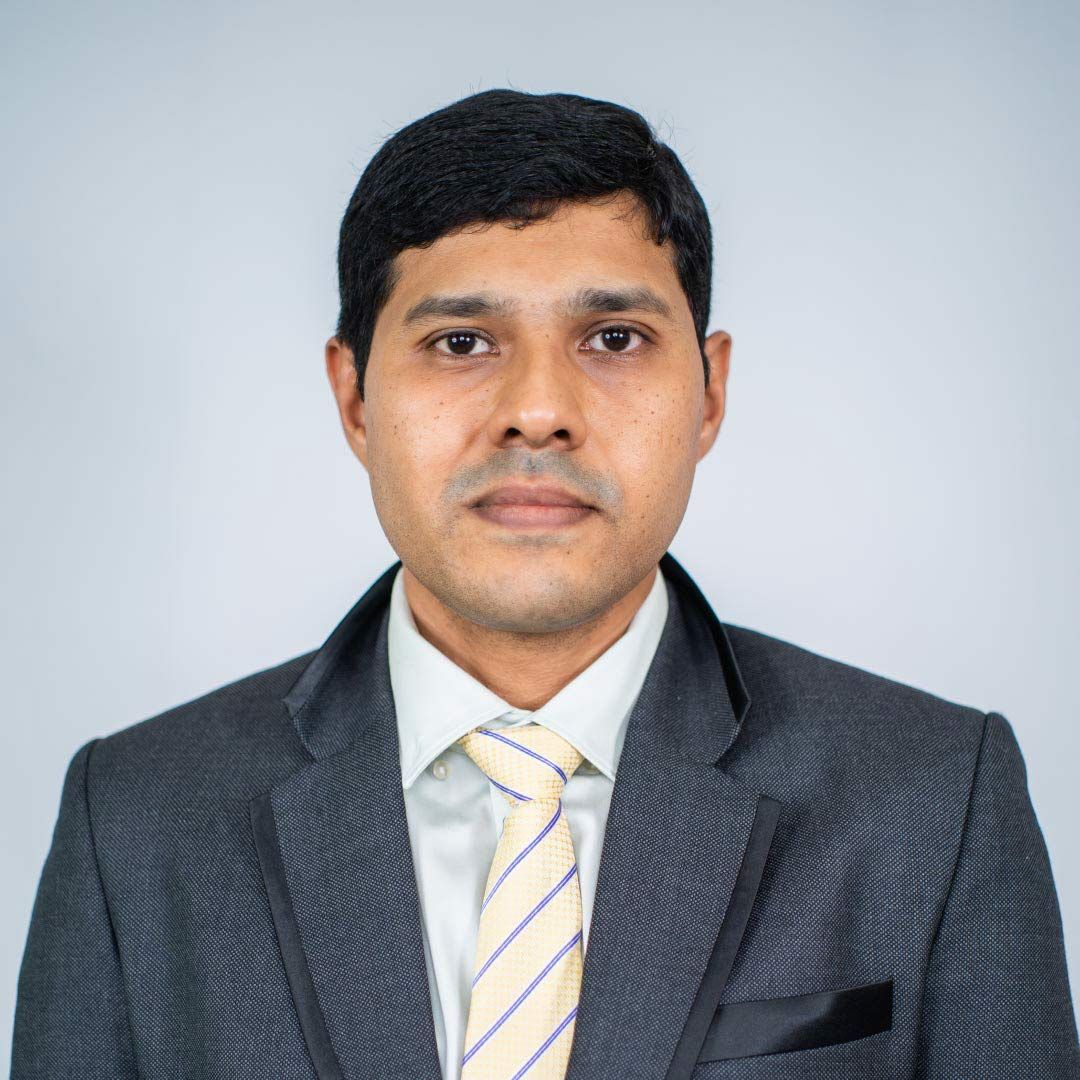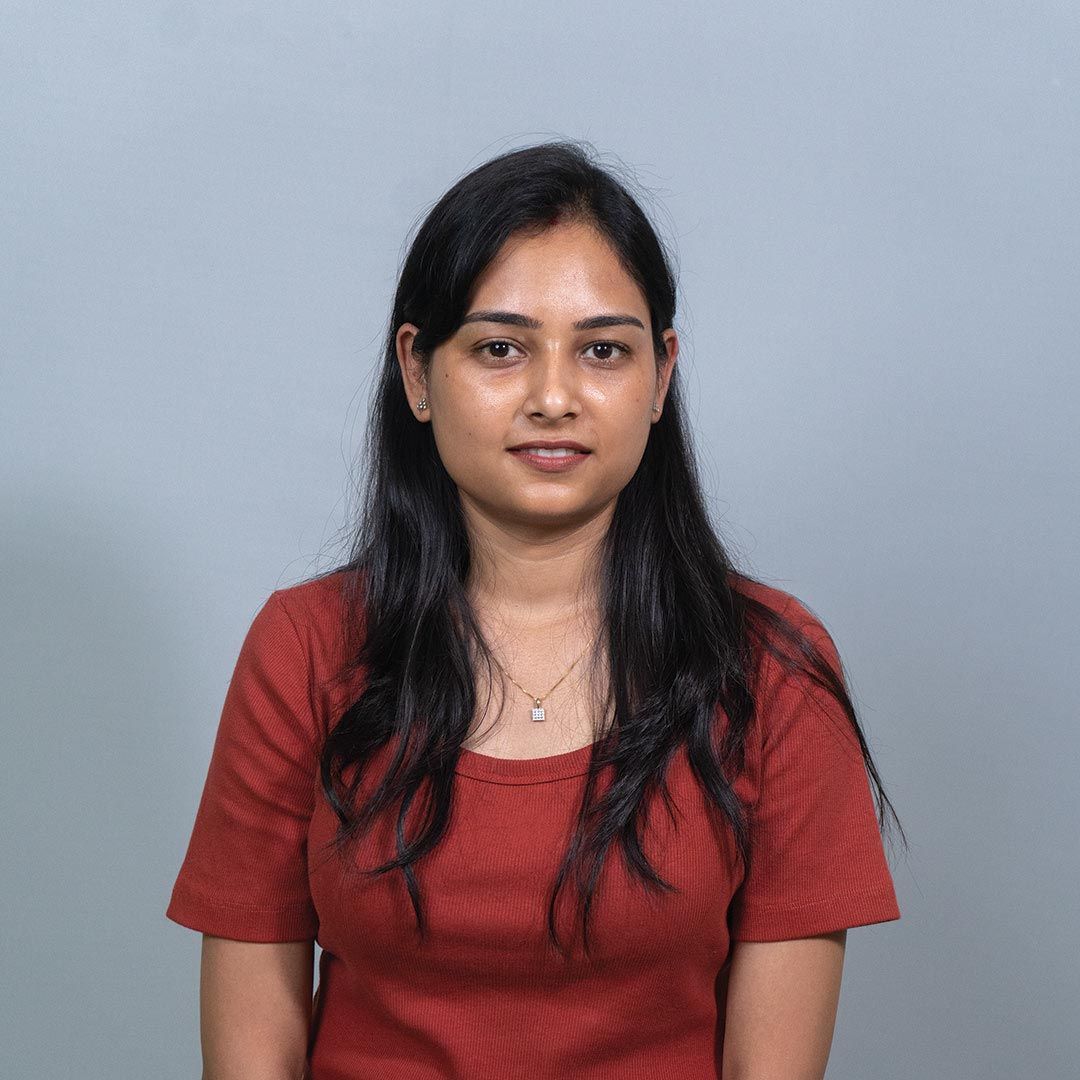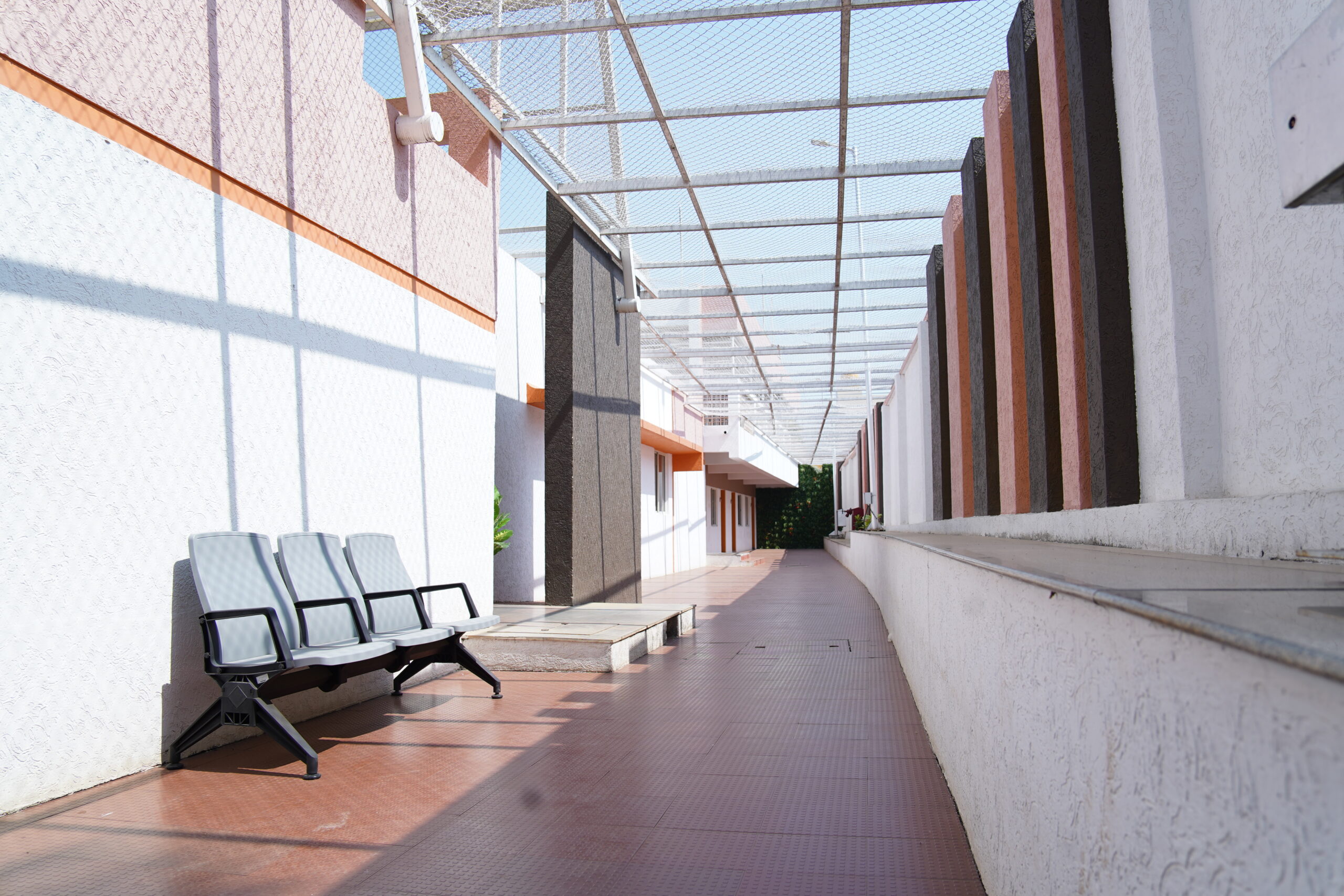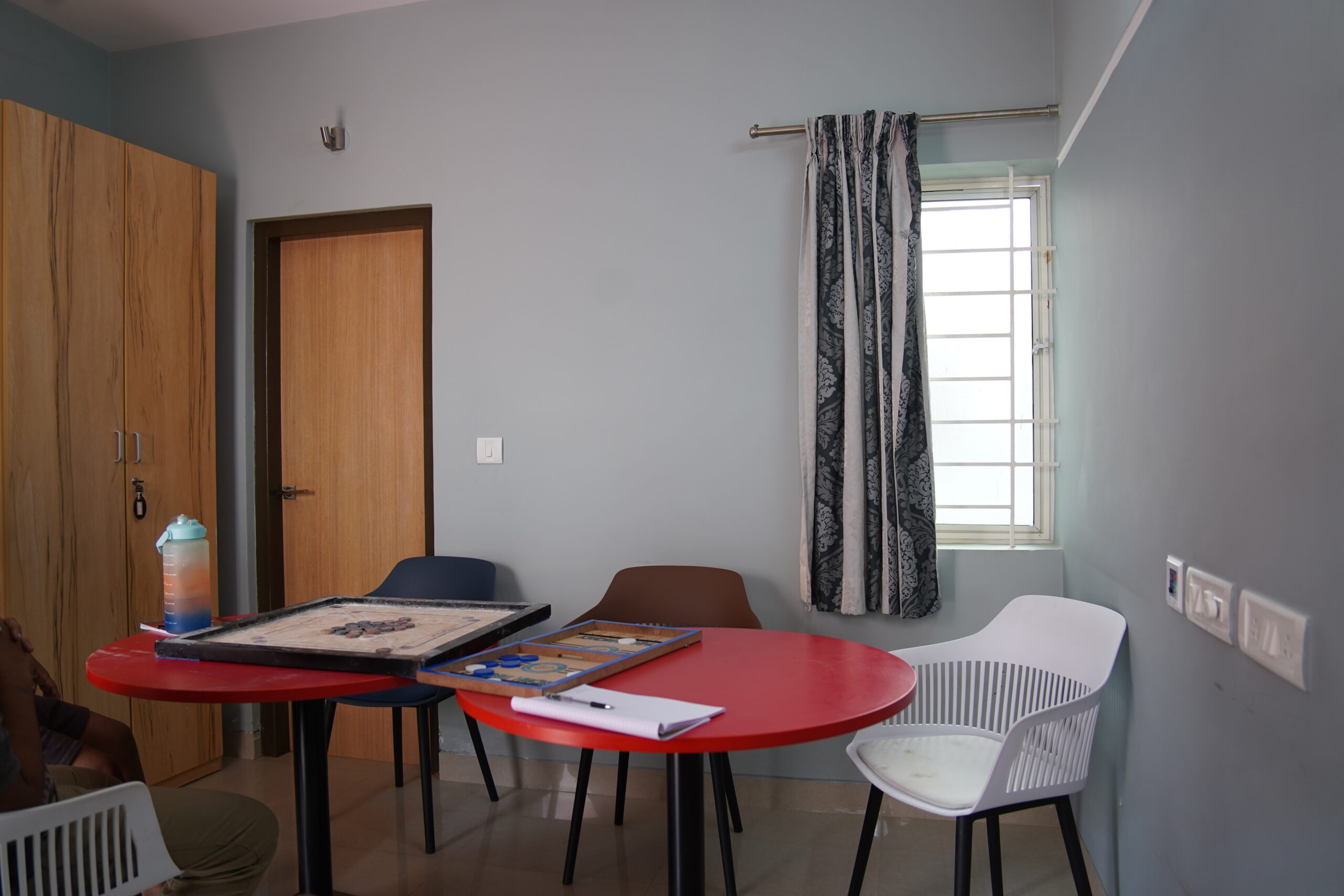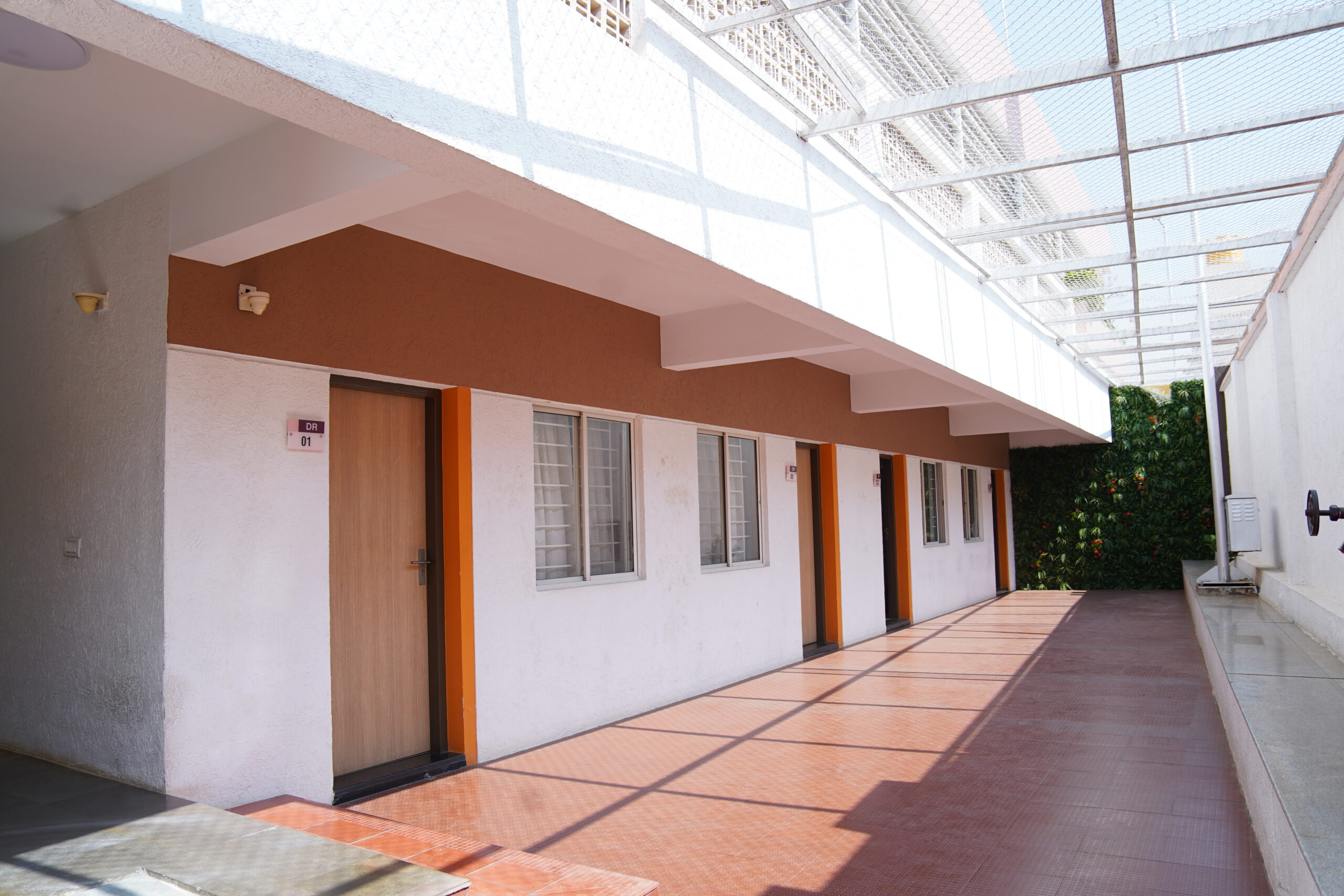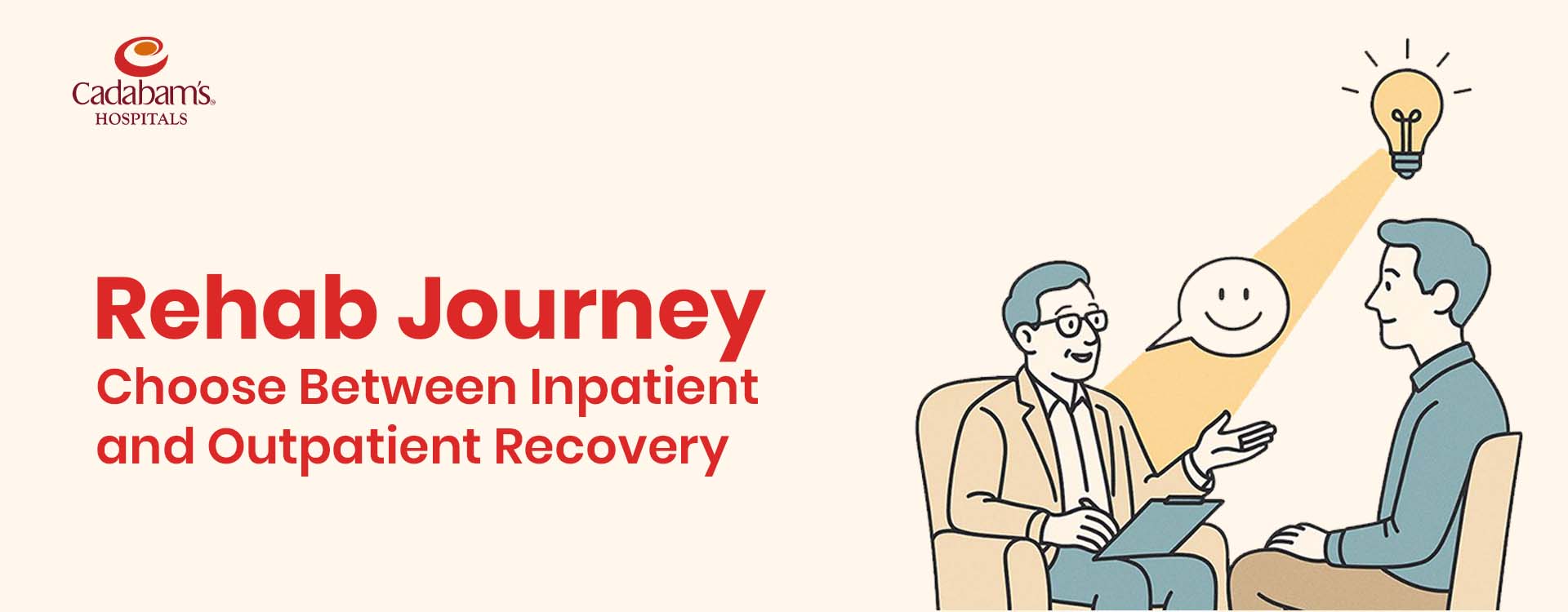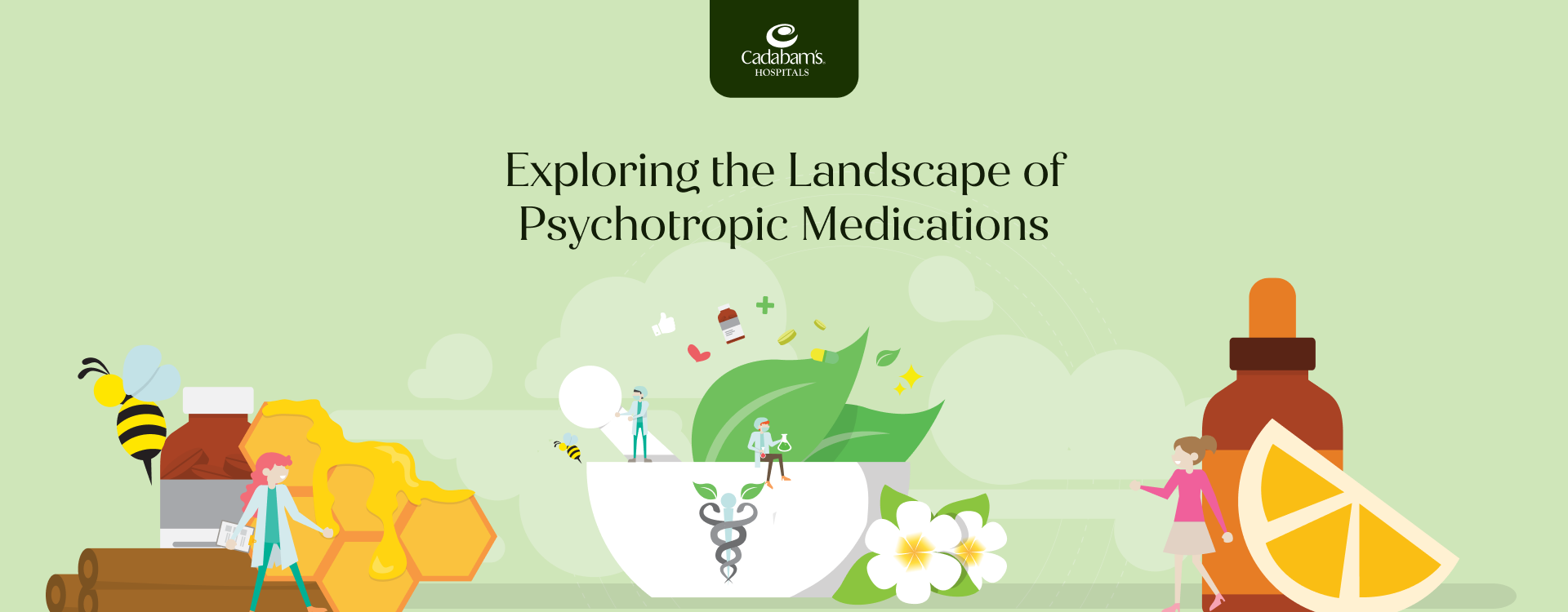What is Drug Addiction?
Drug addiction is a persistent, recurring condition marked by the compulsive pursuit, consumption, and dependence on drugs despite negative repercussions.
It alters the brain’s structure and function, affecting judgement, decision-making, memory, and behaviour. There are genetic predispositions, environmental influences, and individual vulnerabilities that make people prone to drug addiction.
What are Substances?
Substances can be defined as chemical compounds or mixtures that alter physiological or psychological functions upon ingestion, inhalation, or consumption.
They include legal drugs like caffeine and alcohol, prescription medications, illicit drugs such as cocaine and heroin, as well as household products like cleaning solvents and aerosols.
Substances can have therapeutic uses or be abused for their psychoactive effects, posing risks to health and making people more prone to addiction.
Who Does Drug Addiction Affect?
Drug addiction affects individuals of all ages, genders, socioeconomic backgrounds, and ethnicities.
It also impacts their families, communities, and society as a whole, leading to personal, social, economic, and health-related consequences.
Addiction can disrupt relationships, impair functioning, and contribute to crime, accidents, and public health issues.
What Causes Drug Addiction?
Drug addiction can stem from a combination of genetic, environmental, and psychological factors.
Genetic predisposition, trauma, mental health disorders, peer pressure, and exposure to drugs at an early age can increase vulnerability.
Additionally, social and economic factors, such as poverty and lack of access to resources, can also contribute to addiction.
Addiction vs Misuse and Tolerance
Addiction involves compulsive drug use despite harmful consequences, accompanied by physical and psychological dependence.
Misuse refers to inappropriate or excessive drug consumption outside prescribed guidelines, often leading to negative effects.
Tolerance develops when higher doses of a drug are needed to achieve the same effect, potentially leading to misuse and addiction if not monitored and managed appropriately.
How common is drug addiction?
Drug addiction poses a substantial worldwide health challenge, impacting millions of individuals globally. In 2018, the World Health Organization (WHO) reported approximately 269 million drug users worldwide, with an estimated 35 million affected by drug use disorders.
The prevalence varies across regions and demographic groups, underscoring the extensive influence and demand for efficient prevention, treatment, and support initiatives.
Signs and Symptoms of Drug Addiction
In the case of drug addiction, there are ways to keep an eye out for signs and symptoms that can help understand the usage of drugs. This can help in seeking care at the right time.
- Heightened tolerance requires larger amounts of the substance for the same effect.
- Experiencing withdrawal symptoms upon cessation of drug use.
- Neglecting responsibilities at work, school, or home.
- Diminished interest in previously enjoyed hobbies or activities.
- Persistent drug use despite adverse outcomes.
- Shifts in behaviour or mood, such as increased irritability or aggression.
- Engaging in secretive or deceptive behaviour regarding drug use.
- Stages of Drug Addiction
Drug addiction typically progresses through stages: experimentation, regular use, risky use, dependence, and addiction.
Initially, individuals may experiment with drugs, leading to regular use, then risky behaviours, dependence, and finally, addiction characterised by compulsive drug-seeking despite negative consequences.
Experimentation
Experimentation with drugs involves trying substances out of curiosity or peer pressure. It’s often a casual or occasional occurrence without a strong desire for continued use.
Individuals may experiment with various drugs to gauge their effects, sometimes unaware of potential risks.
While some may stop after experimentation, others may progress to regular use, increasing the likelihood of developing addiction.
Regular Use
Regular use of drugs is when individuals’ drug consumption becomes consistent over time, often to achieve desired effects or alleviate discomfort.
People try to establish a pattern of drug consumption, incorporating it into their routine or lifestyle. Frequent usage can result in heightened tolerance, necessitating greater doses to maintain the desired effects.
Continued regular use can increase the risk of developing dependence on the drugs.
Risky Use/Abuse
Risky use or abuse of drugs involves consuming substances in ways that pose significant health, social, or legal risks.
This may include using drugs in hazardous situations, exceeding recommended dosages, or combining substances.
Risky use can lead to negative consequences such as accidents, legal issues, or deterioration of physical and mental health.
Drug Addiction and Dependency
Drug addiction encompasses compulsive drug-seeking and use despite adverse consequences. It often involves physical and psychological dependence, where individuals rely on drugs to function normally and experience withdrawal symptoms when not using.
Dependency develops as tolerance increases, leading to a cycle of craving, use, and withdrawal, perpetuating the addiction.
How to Recognise Unhealthy Drug Use in Family Members?
It can be difficult to gauge if a relative is developing unhealthy drug usage due to factors such as lack of monitoring, distance, or social distance.
To help identify such possibilities, you can look out for signs such as changes in behaviour, mood swings, neglect of responsibilities, secrecy, financial issues, and physical symptoms like withdrawal.
Pay attention to social withdrawal, changes in appearance or hygiene, and sudden changes in social circles.
What Type of Doctors / Specialists Treat Drug Addiction?
Doctors and specialists who treat drug addiction include addiction psychiatrists, addiction medicine physicians, and primary care physicians with training in addiction medicine.
Additionally, psychologists, counsellors, and therapists specialising in addiction treatment provide psychotherapy and behavioural interventions.
Doctors and other medical professionals work together closely to increase the possibility of recovery and provide a holistic approach to drug addiction rehabilitation.
Addiction Psychiatrists
Addiction psychiatrists, as medical professionals, focus on diagnosing, treating, and overseeing the care of individuals with substance use disorders and concurrent mental health issues.
They evaluate patients for addiction, administer medication-assisted treatment, deliver psychotherapy, and coordinate with other healthcare providers to create personalised recovery plans tailored to each person’s requirements.
Looking for expert psychiatrists in Bangalore or psychiatrists in Hyderabad? Cadabam’s Hospitals offers professional mental health support across both cities.
Clinical Psychologists
Clinical psychologists are mental health professionals trained in assessing, diagnosing, and treating various psychological disorders, including substance use disorders.
They provide therapy, counselling, and interventions to address underlying issues contributing to addiction, such as trauma or mental health conditions. They work collaboratively with clients to promote recovery and well-being.
Cadabam’s Hospital has a team of expert psychologists at Bangalore & psychologists at Hyderabad centres.
Addiction Medicine Physicians
Addiction medicine physicians are doctors with specialised training in diagnosing, treating, and managing substance use disorders.
They provide comprehensive care, including medical evaluations, medication-assisted treatment, detoxification, and ongoing monitoring of physical and mental health.
They work in various settings, such as addiction treatment centres, hospitals, and primary care practices, to support recovery.
How to find a De-addiction Center for Drugs and Start Treatment?
One of the first steps to finding a de-addiction center is to understand the care and support you require. This can be followed up by narrowing down on centers that are accessible to you.
After this, start making phone calls or reaching out to centers to understand how they operate. Find recommendations from friends, family, or health professionals.
Enquire about the treatment options, facilities, cost, and other information that you think is important. An informed choice can go a long way in accessing the right care.
Cadabams Hospital has drug rehabilitation and treatment centres in Bangalore and Hyderabad.
Treatment and Management for drug addiction
Treatment and management for drug addiction typically involve a combination of interventions such as detoxification, medication-assisted treatment, psychotherapy, support groups, and behavioural therapies.
Individualised treatment plans address physical, psychological, and social aspects of addiction, aiming to promote recovery, prevent relapse, and improve overall well-being and functioning.
Our team of skilled counsellors in Bangalore and counsellors in Hyderabad are trained to offer compassionate, evidence-based therapy.
De-addiction Medication & Side Effects of those Medications
De-addiction medications like methadone, buprenorphine, and naltrexone help manage cravings and withdrawal symptoms in opioid addiction. However, they may have side effects like nausea, constipation, or drowsiness.
Acamprosate and disulfiram are used for alcohol addiction, with side effects including gastrointestinal discomfort and reactions to alcohol consumption.
Close monitoring by healthcare professionals is very important to manage side effects. You can even request the help of someone you trust to help you monitor yourself.
Cognitive and behavioural therapies
Cognitive-behavioural therapies (CBT) for addiction focus on identifying and modifying dysfunctional thoughts, beliefs, and behaviours associated with substance use. This approach helps individuals develop coping strategies, problem-solving skills, and relapse prevention techniques.
Behavioural therapies like contingency management and motivational interviewing aim to reinforce positive behaviours, increase motivation for change, and improve self-efficacy in maintaining abstinence from drugs or alcohol.
Medication-assisted therapies
Medication-assisted therapies (MAT) combine medications with behavioural therapies to treat substance use disorders.
For opioid addiction, medications like methadone, buprenorphine, or naltrexone help reduce cravings and withdrawal symptoms, supporting recovery.
Similarly, medications such as acamprosate and disulfiram are used for alcohol addiction.
Detoxification
Detoxification, commonly referred to as detox, entails the elimination of toxins such as drugs or alcohol from the body. This process often necessitates medical supervision to ensure the safe management of withdrawal symptoms.
Detoxification serves as an initial stage in addiction treatment, laying the groundwork for subsequent therapy and rehabilitation to facilitate lasting recovery from substance use disorders.
Whether you need therapists in Bangalore or therapists in Hyderabad, Cadabam’s Hospitals ensures expert care tailored to your needs.
Overcoming Drug Addiction: A Path Forward with Cadabams
Are you grappling with drug addiction, facing personal, professional, legal, and financial challenges? Cadabams Hospital offers tailored drug addiction treatments considering age, gender, and causes, as it can isolate you and strain relationships.
With over 28 years of experience, Cadabams provides evidence-based therapies, helping patients reclaim meaningful lives. Our team of dedicated professionals ensures safe and consistent support. Don’t hesitate—connect with our team of addiction professionals today for a brighter future.
If you are searching for a solution to your problem, Cadabam’s Hospitals can help you with its team of specialised experts. We have been helping thousands of people live healthier and happier lives for 30+ years.
We leverage evidence-based approaches and holistic treatment methods to help individuals effectively manage their Drug Addiction. Get in touch with us today. You can call us at +91 97414 76476. You can even email us at info@cadabamshospitals.com.
Top Drug Addiction Doctors at Cadabam’s Hospitals
Psychiatrist in Hyderabad | Psychologist in Bangalore | Psychiatrist in Bangalore | Counsellor in Bangalore | Counsellor in Hyderabad | Psychologist in Hyderabad | Therapist in Hyderabad | Therapist in Bangalore
Rehabilitation Centres For Drug Addiction at Cadabam’s Hospital
Rehab in Hyderabad | Rehab in Bangalore
Best Drug Addiction Treatments Offered at Cadabams
ECT Bangalore | ECT Therapy Hyderabad | Home Services Hyderabad | Home treatment Bangalore | PsychoTherapy Hyderabad | Group Therapy Hyderabad | Group Therapy Bangalore | Neurofeedback Hyderabad | PsychoTherapy Bangalore | REBT Bangalore | REBT Therapy Hyderabad | CBT Hyderabad | CBT Bangalore | Emergency Bangalore | Emergency Hyderabad | Family Therapy Hyderabad | Family Therapy Bangalore | Biofeedback Bangalore
More Additional Resources About Drug Addiction
Teens Overcome Drug Abuse | Teen Drug Abuse | Drug-Induced Psychosis | Drug and Alcohol Detoxification | Workplace Drug Abuse | Drug Addiction Treatment Programs
FAQs
How Do You Say No To Drugs?
Say no to drugs by confidently declining offers, explaining your reasons for refusal, surrounding yourself with supportive peers, engaging in healthy activities, and seeking help if needed.
How Do I Know If Someone Is Addicted To Drugs?
Signs of drug addiction include changes in behaviour, mood swings, neglect of responsibilities, secretive behaviour, financial problems, physical symptoms like withdrawal, and continued drug use despite negative consequences.
How Can I Support A Family Member Struggling With Substance Use Disorder?
Provide support to your family member grappling with substance use disorder by showing empathy, offering encouragement, and demonstrating understanding. Encourage them to seek professional assistance, participate in support groups, and refrain from enabling behaviours.
What Is The Difference Between Drug Abuse And Drug Addiction?
Drug abuse refers to the misuse of substances for non-medical purposes, while addiction involves physical and psychological dependence on drugs, leading to compulsive use despite harmful consequences.
Where Can I Find Help For Drug Addiction?
You can seek help for drug addiction from healthcare professionals, addiction treatment centers, support groups such as Narcotics Anonymous, and hotlines like Cadabams Hospitals.














 Available
Available
